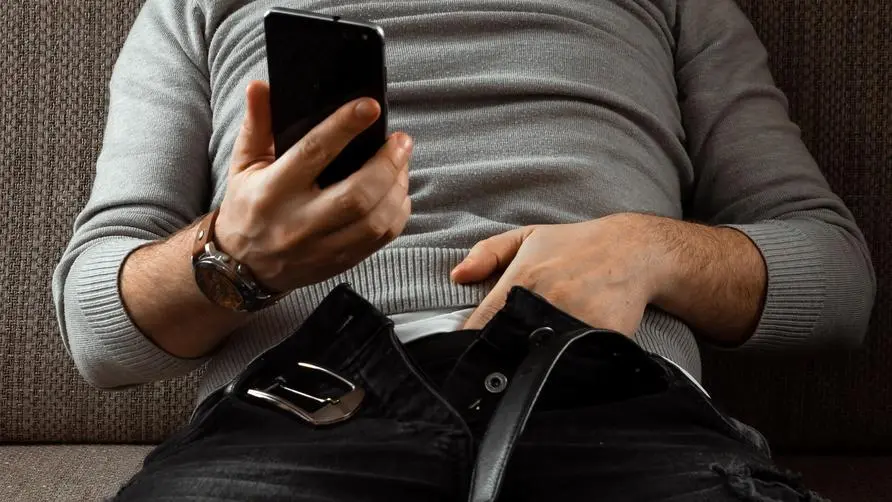Is learning a new instrument more stress-relieving than listening to music? Research reveals potential benefits: "two major senses" become more acute

Many scientists previously believed that listening to gentle music can relax the body and mind, help fall asleep, and relieve stress. So what is the impact of “playing an instrument” on the brain? “Scientific Reports”, a publication of the authoritative journal “Nature”, pointed out that learning to play a musical instrument has a positive impact on the brain’s ability to process vision and sound, and can even help improve depression.
Is playing an instrument more stress-relieving than listening to music? Subjects gained “3 benefits” from playing piano for 11 weeks
A research team from the University of Bath in the UK gathered 31 adults and randomly assigned them to three groups: a music training group, a music listening group and a control group. The music training group received piano training, the music listening group listened to the same repertoire as the piano trainers, and the control group simply did music homework or listened to other repertoire. After 11 weeks, the subjects completed scales related to autism, depression, anxiety, stress and other factors.
In addition, the research team further measured the acuity of the subjects’ five senses through simple sensory tests such as flashes and beeps. The results showed that the two major senses of “visual” and “hearing” in the music training group became sharper, and the speed of processing information such as sounds and pictures became more efficient; while such changes were not significant in the other two groups. difference.
The research team also found that the music training group not only improved the cognitive function of the brain, but also reduced the depression, anxiety and stress scores of the subjects before and after training. Dr. Karin Petrini, lead author of the study, said that playing or listening to music does bring about happy feelings, but in this study, it was found that playing music has certain potential to improve cognitive function.
“Learning piano in a short period of time is a complex task that requires reading music scores, coordinating finger movements, and maintaining high concentration, listening skills, and dynamic vision during the performance.” Dr. Petrini explained, from a scientific perspective , the process of learning to play requires the combination of visual and auditory clues, which is really a demonstration of “multi-sensory training”.
Watching movies and riding motorcycles actually hurt your ears? Listening to music above “this decibel level” is harmful
Even though listening or playing music is good for the body and mind, if you are exposed to a lot of noise or listen to music at too loud a volume, it may have irreversible consequences for your hearing. The U.S. National Institutes of Health (NIH) published guidelines stating that when the sounds around us are too loud, even for a short period of time, it can cause harm to hearing. In severe cases, it can even damage the sensitive structures of the inner ear and lead to noise-induced hearing loss (NIHL). ).
According to the National Institutes of Health, noise-induced hearing loss can be temporary or permanent and may affect one or both ears at the same time. Hearing damage is usually not noticeable in the short term. Pay special attention when you are speaking to others in a simple way, especially on the phone or in a noisy room, and you are less able to hear what others are saying than before.
And long-term or repeated exposure to sounds above 85 decibels, the higher the chance of hearing loss; the shorter the time spent. The U.S. National Institute of Health points out that 85 decibels is approximately the sound level of a motorcycle or motorcycle, and the following sounds should be avoided in daily life to avoid severe hearing loss:
Normal conversation: 60-70 decibels (dBA)
Cinema: 74-104 decibels (dBA)
Motorcycle or motorcycle: 80-110 decibels (dBA)
Play music, sports events or concerts through headphones at maximum volume: 94-110 decibels (dBA)
Siren: 110-129 decibels (dBA)
Watch the fireworks display at close range: 140-160 decibels (dBA)
If people are currently exposed to the risk of hearing damage, they can first remember the “Rule of 66”, which means do not wear headphones for more than 60 minutes, and the volume should be less than 60% of the maximum volume of the playback device. In addition, office workers should try their best not to use headphones in excessively noisy backgrounds such as subways, wet markets, and roads, and should receive regular hearing tests. If young people attend concerts or KTV parties, they may consider using earplugs and other tools to protect their ears. If you have any hearing problems, you should seek help from an otolaryngologist or audiologist for early intervention to reduce irreversible hearing damage.
Source:
Noise-Induced Hearing Loss - NIH
Playing the piano boosts brain processing power and helps lift the blues – study
An RCT study showing few weeks of music lessons enhance audio-visual temporal processing
Further reading:





